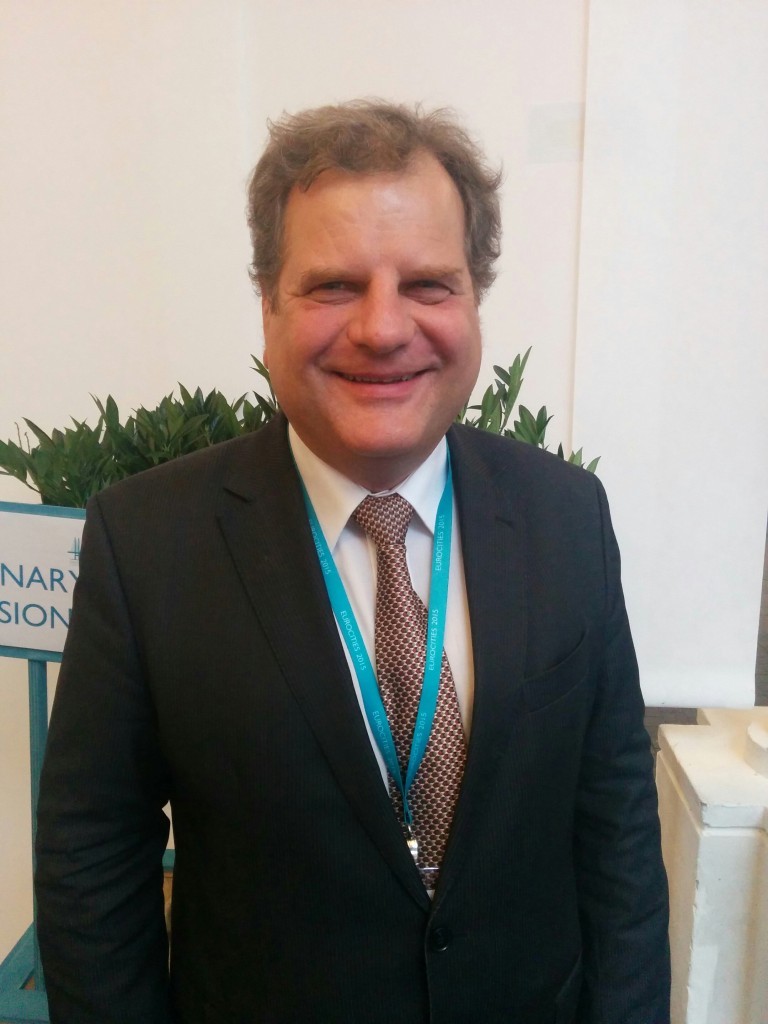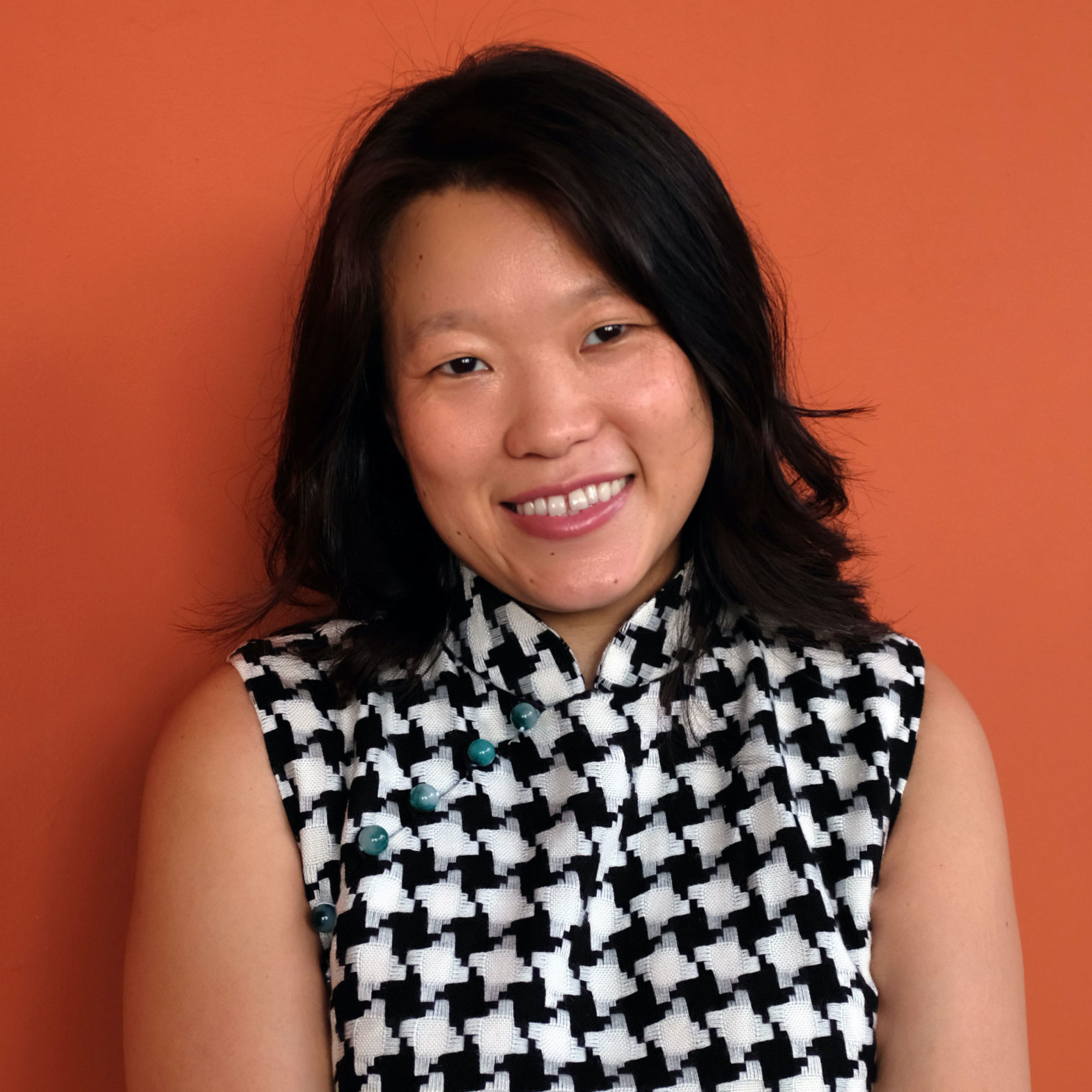
How Leipzig is tackling the refugee crisis
06 November 2015
by Jonathan Andrews
With Germany accepting by far the largest number of refugees reaching Europe, it is the country’s mayors that are the ones left to find the housing and support services needed to accommodate them. After a special closed political debate on refugees, during EUROCITIES‘ annual conference in Copenhagen/Malmo, Jonathan Andrews spoke to Thomas Fabian, Deputy Mayor of Leipzig on how his city is handling the crisis.
Germany has received a lot of attention over its accepting and welcoming attitude toward refugees. Is Leipzig a leading city in this aspect?
In Leipzig we have a comprehensive strategic concept on how to integrate refugees into our community. This concept has been developed over the past few years. The first task is to provide housing for refugees. We have dwelling houses all over Leipzig where between 50 to 200 refugees live together from between six months and at the most 12 months. Most of these houses have separate apartments with kitchen and bathroom. Then the refugees can rent their own apartments. Our concept includes that from the first day they all have professional support from social workers. There is one social worker for every 50 refugees.
These social workers have three tasks. First, supporting refugees and accompanying them to deal with all paper work, to informing them about social and counselling services and helping them to find places for their children in a kindergarten or school. The social workers are also the first ones to turn to for the neighbourhood. The neighbours know therefore a name and a face to turn to, so as to avoid conflicts between refugees and neighbours from day one. The third task of the social worker is to build networks in the community with churches, NGOs, sports clubs and cultural centres.
We have a concept of how to integrate the children into the schools beginning with learning German and the labour agency offers counselling on employment opportunities.
How many refugees has Leipzig received?
This year we have received almost 3,000 and we are expecting another 2,000 by the end of the year.
What has been the reaction from local residents?
The reaction has been different from area to area. Student areas have been more welcoming yet in other areas, where the residents suffer from unemployment and poverty, there have been some xenophobic reactions. Similarly in areas where people own their houses they are often more critical than people who live in rented apartments.
In the past three years I have held many public meetings in different neighbourhoods where I inform residents about a new refugee home in their neighbourhood. We organise an open day where neighbours can visit the houses before the refugees move in. It is always the uncertainty about how is is going to be that makes people a bit nervous, but as soon as the refugees move in, and become neighbours, quite often the attitudes change.
Is this placing a large financial strain on Leipzig?
It costs a lot of money but we trust that both the regional and national governments will stick to their promises of refinancing our costs. Probably not all of them but we are confident that our costs will be refinanced. I believe, in the long run, good integration of refugees can also have a positive effect on our economy.
How were the discussions with colleagues during the special closed political session on refugees during EUROCITIES’ annual conference?
From my observation, many cities are willing to take refugees and to help them to become integrated into their communities.
Were there any actions you could learn from other cities?
In Germany we have a network of cities where we have continuous dialogue especially on how to integrate refugees. Within the EUROCITIES network we share experiences and exchange best practices, so of course we always learn from others.
The lesson that I have learnt recently is that we as mayors and deputy mayors have to communicate a lot with our local citizens. There is need for information and discussion. Wherever I go, people want to talk about refugees, integration issues and their concerns. Good communication with local citizens is very important. I am convinced, that conflicts in this respect which are solved in a peaceful way do a lot for the integration process.






